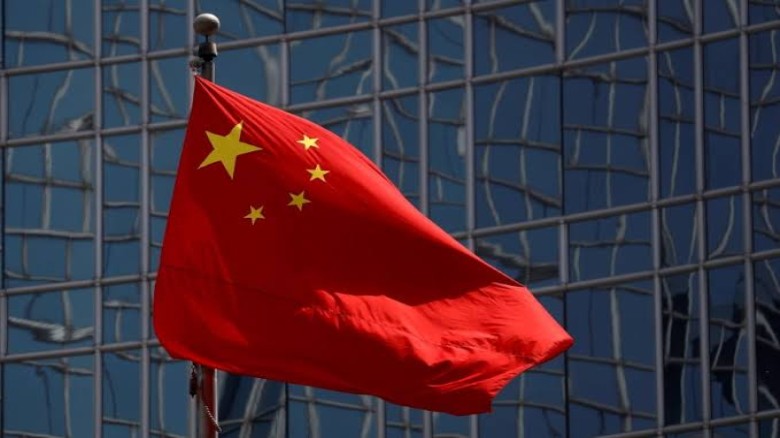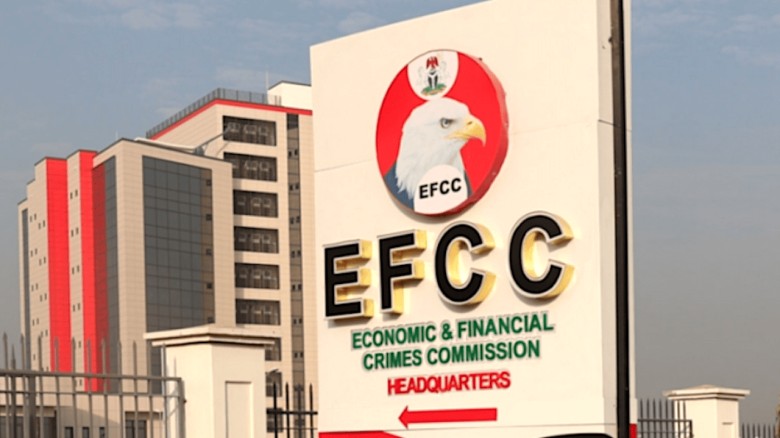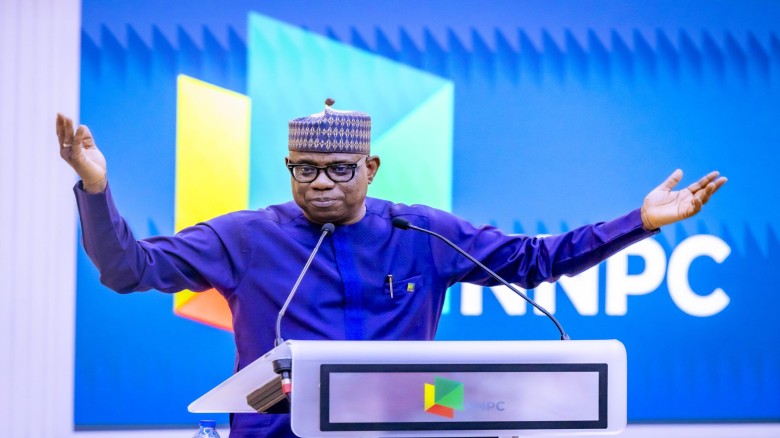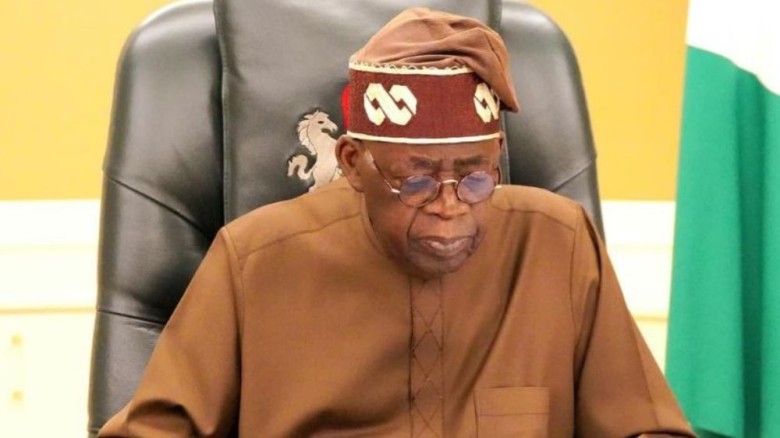CORAN urges FG to sell NNPC refineries for modular plants
The Federal Government is being urged to sell its government-owned refineries in Port Harcourt, Warri, and Kaduna in order to fund the development of modular refineries.These refineries are currently managed by the Nigerian National Petroleum Company Limited, the government-owned oil company.
The Crude Oil Refiners Association of Nigeria issued this appeal on Sunday, claiming that the sale of these refineries is the only viable solution to the country's ongoing fuel crisis, according to The Punch.
CORAN believes that shifting the focus to modular refineries will better meet the country's refining needs and reduce reliance on imported fuel.
For more than a month, Nigerians have faced long fuel lines at filling stations, with pump prices reaching as high as N1,000 per litre in some areas.
Despite the NNPC's assurances, fuel queues remain across the country, driving up transportation costs.
CORAN's Publicity Secretary, Eche Idoko, expressed concerns about the Federal Government's $1 billion investment in rehabilitating the Port Harcourt refinery.
He emphasised that, despite six postponements, the refinery has yet to begin operations, highlighting the need for a new approach to addressing the country's refining challenges.
Idoko contended that the fuel queues would not go away unless the country began refining its crude locally.
He believes that modular refineries should receive intervention funds, as well as government stakes in the refineries.
Idoko stated that the root cause of Nigeria's fuel crisis is a scarcity of refined products.
He explained that the high cost of importing fuel, combined with the burden of securing foreign exchange, puts a significant strain on the government, especially when subsidy payments are included.
"We're not asking for free money. The government should establish an intervention fund where people can obtain credit. So, it is not free money. "There are many intervention funds in the agricultural sector," Idoko stated.
He went on to say, "The $1.5 billion spent on the Port Harcourt refinery could be used to develop ten modular refineries capable of producing at least 10,000 barrels of PMS per day." That is approximately 100,000 barrels per day.
"And if you have 100,000 barrels per day at the Dangote refinery, you will have solved that problem. We would actually have enough to start exporting," he said.
Idoko emphasised that no one else could import Premium Motor Spirit (PMS) due to government subsidies and a lack of foreign exchange, further complicating the fuel supply chain.
He proposed that the most immediate solution to the ongoing fuel shortage is to empower modular refineries. He referred to this as the "low-hanging fruit" that could quickly increase local refining capacity and reduce the country's reliance on imported fuel.
A modular refinery takes an average of 12 to 18 months to build. This administration can identify and choose from modular refineries that are already operational to support them.
"Right now, we have about 15 of them; five are operational but not producing PMS, and the remaining ten are in various stages of completion. If the government supported these 15 modular refineries to produce PMS, they would have solved the fuel scarcity problem in about a year or less, rather than investing in the Port Harcourt, Warri, or Kaduna refineries.
"That was why a specific administration attempted to sell those facilities. The majority of them are obsolete. The technological landscape has changed. I would have suggested that the government sell them off. We understand that the fuel crisis is a serious issue, but do we have a solution right now? We do not have a quick-fix solution other than what is currently being done, which is importation.
"However, that is simply not sustainable. How long can you go on like this? So, what we're saying is that set a timetable for completely eliminating petroleum product imports. Bring stakeholders such as modular refineries and traders together. We will all put our heads together and devise a plan."
The NNPC reported that it spent more than N9.3 trillion on petrol imports in 2023.
After months of denial, the NNPC confirmed on Monday that it imports petrol and sells it at 50% less than the landing cost. The government covers the shortfall with subsidy payments.
























Leave A Comment